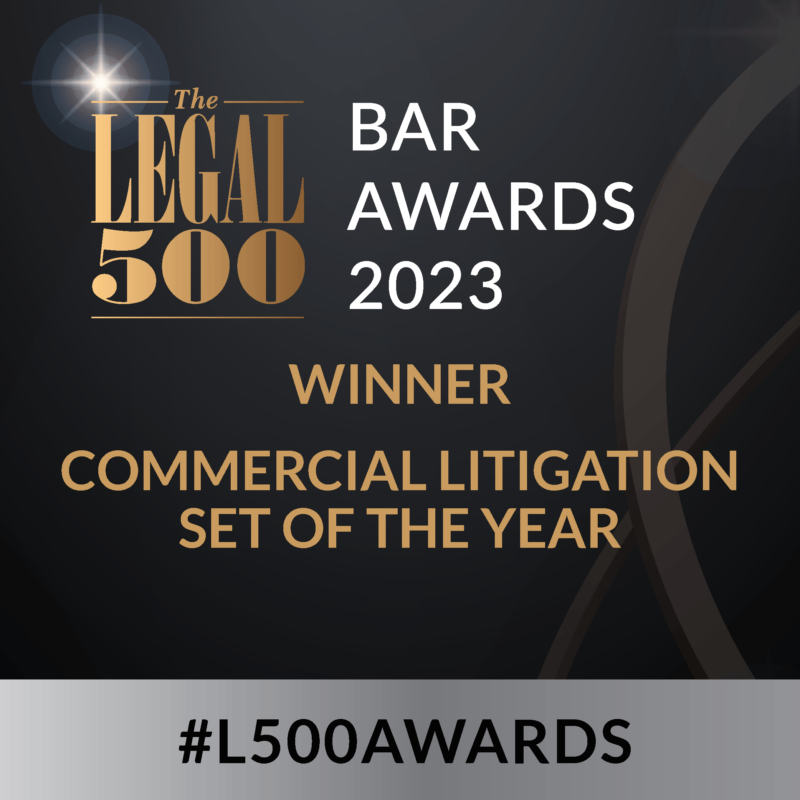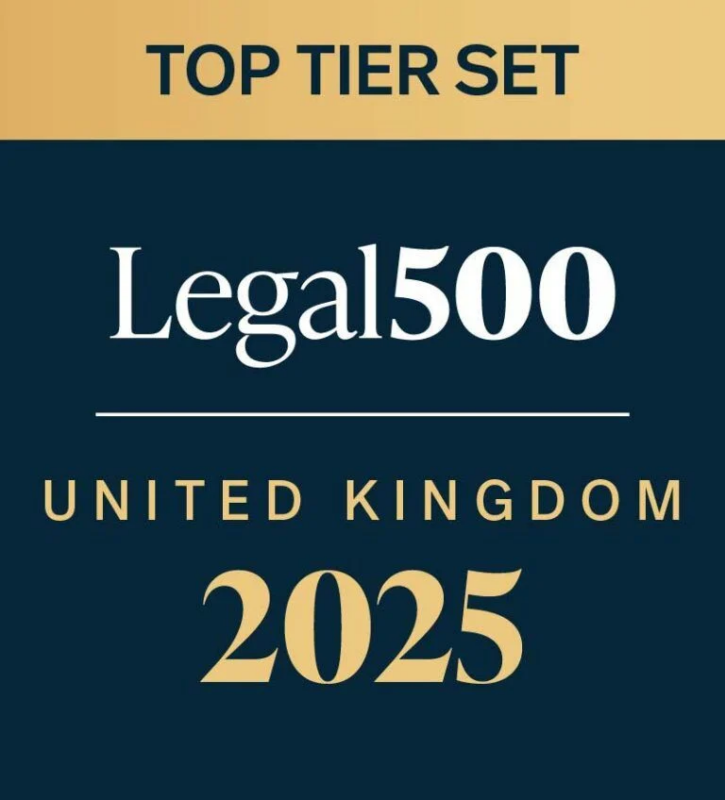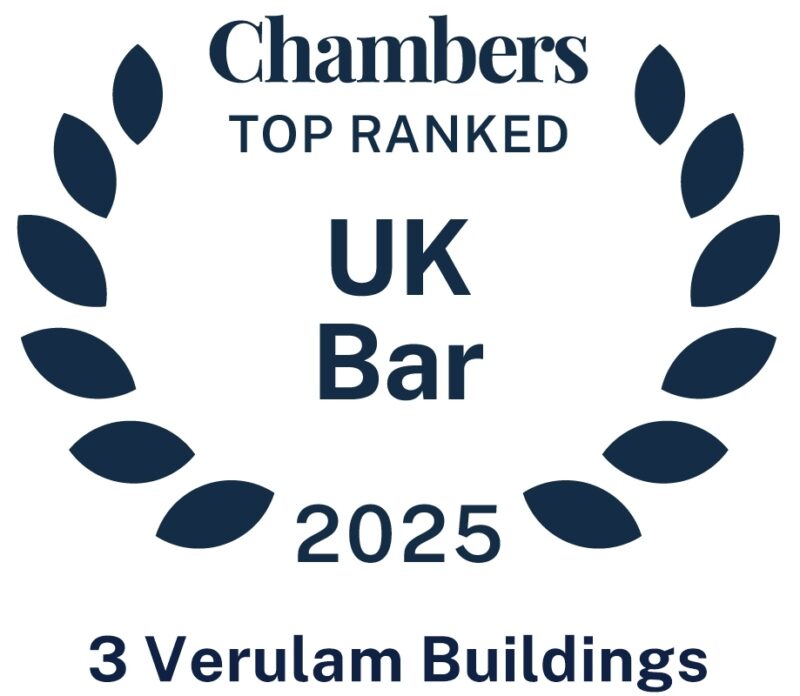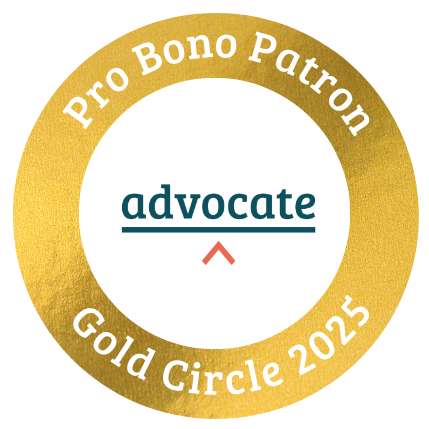
Clive Freedman
Call: 1975
Practice Overview
Clive Freedman's practice covers information technology, banking, building and engineering, and commercial fraud. He is particularly interested in cases involving IT (including internet, e-commerce and data protection), technical, scientific and accounting issues. He also deals with arbitration and expert determination. He is a CEDR Accredited Mediator and a Chartered Arbitrator.
“A well-respected authority on matters such as e-banking and e-commerce, and a noted figure when it comes to arbitration and expert determination.” “He is ‘a big name in IT law,’ known for his thorough understanding of sophisticated technology.” “Probably the most technically gifted IT barrister at the Bar.” “He has a very good technical grasp and a very effective advocacy style.” - Chambers & Partners UK 2015
Information Technology
Clive has been instructed in many cases concerning disputes arising from software contracts, and himself writes software, in various programming languages, and develops websites.
Arbitration & Expert Determination
Clive is a Chartered Arbitrator, a member of the Panel of Adjudicators for the Society for Computers and Law Adjudication Scheme and an Arbitration panel member of the Kuala Lumpur Regional Centre for Arbitration.
He has been appointed as Arbitrator by the Chartered Institute of Arbitrators (a dispute concerning payment for professional services), by the British Computer Society (licensing of software), by the LCIA, a dispute concerning a share sale agreement and IT, and by a party to a dispute (licensing of software). He was also the arbitrator in an ad hoc appointment concerning interpretation of a commercial contract. He has conducted two Early Neutral Evaluations for CEDR.
As Counsel he has been involved in a number of domestic and international arbitrations, including:
- defects in a petrochemical plant (ICC, hearings lasted over three months, claim of £32 million)
- insurance claim following an oil refinery explosion (claim of $150 million)
- directors and officers insurance for a failed US Savings Bank (claim of $60 million)
- oil and gas exploration joint venture (ICC, claim in excess of $1billion)
- dispute concerning electronic instrumentation in a process plant
- acting on behalf of a foreign government in a commercial dispute
- several building contract arbitrations in UK.
Arbitration disputes
- China Agribusiness v. Balli Trading [1998] 2 Lloyds Rep 76; enforcement of CIETAC arbitration award.
Expert Determination
- Co-author of Kendall on Expert Determination, Sweet & Maxwell, 2008 (with John Kendall and James Farrell).
- He also contributed the section on Expert Determination to Westlaw Insight.
He has been instructed in disputes concerning expert determination in relation to:
- insurance: Halifax Life Ltd v The Equitable Life Assurance Society [2007] EWHC 503 (Comm)
- completion accounts
- a gas supply contract.
He has acted as expert in expert determinations concerning IT services contracts, and has advised experts on questions of law arising in expert determinations. He has given talks on expert determination.
Article in the New Law Journal, with Christopher Harris, on Ackerman v. Ackerman [2011] EWHC 3428 (Ch), [2012] EWCA Civ 768 (whether an expert in an expert determination had materially departed from instructions).
Banking & Finance
Clive’s practice includes bitcoins and other cryptocurrencies, and blockchain.
Clive co-wrote the chapter on electronic banking in Banking Litigation (edited by Hewetson and Elliott, Sweet & Maxwell, 1999, 2005 and 2011).
Mediation
Clive Freedman qualified as a CEDR mediator in 1997, and has conducted around 30 mediations. He has also carried out two early neutral evaluations through CEDR.
Most of the mediations conducted by Clive have concerned IT disputes, although he also mediates in other commercial fields. Clive believes that his professional experience in dealing with IT cases and IT clients and his own experience of computers, networks and programming assists parties in the resolution of disputes in this area. He has given talks on mediation of IT disputes.
Examples of mediations:
- a claim for £16 million against the supplier of an integrated accounting and stock control system for a nationwide retailer
- a claim for £11 million relating to satellite TV technology
- a cancelled project for design of an e-commerce website
- a highly-charged dispute between two companies who had shared office premises and administrative staff but who had fallen out
- a dispute relating to ownership of farmland
- a dispute concerning alleged copying of software.







